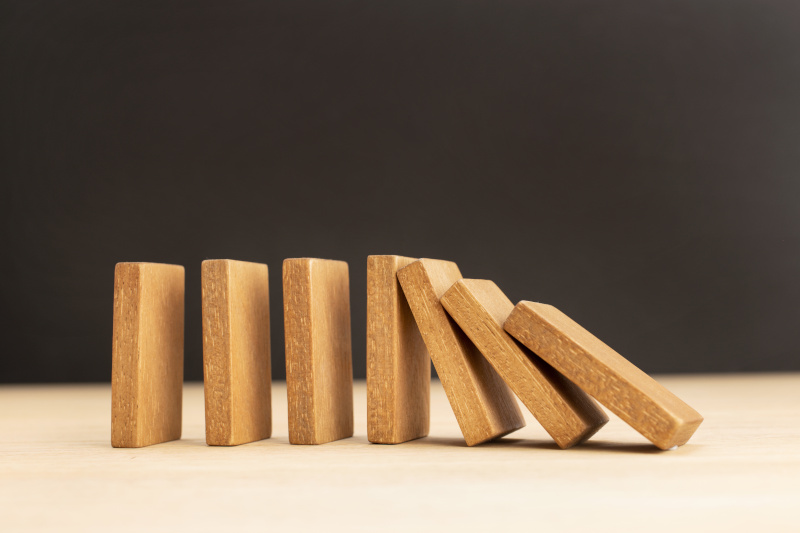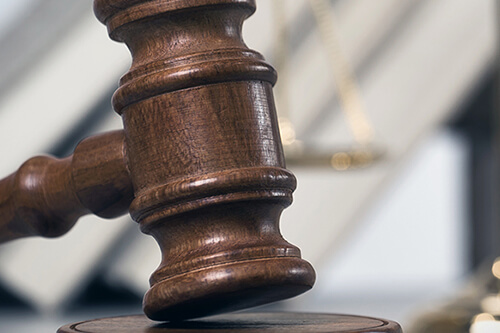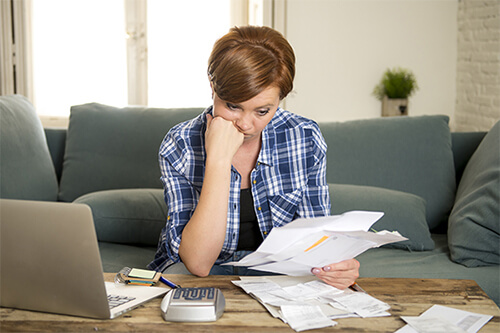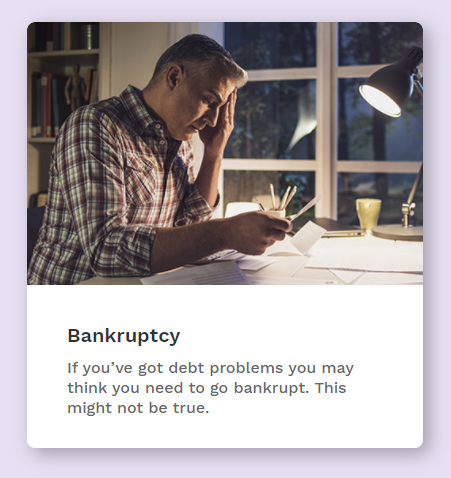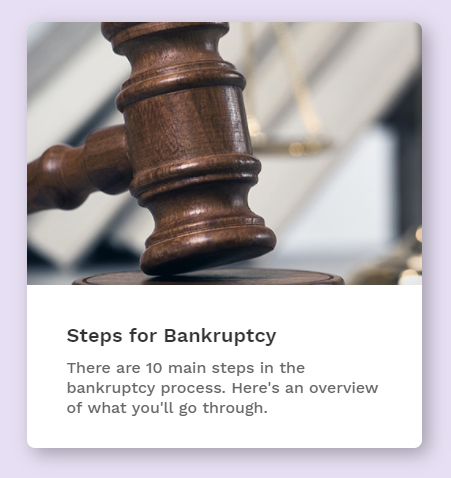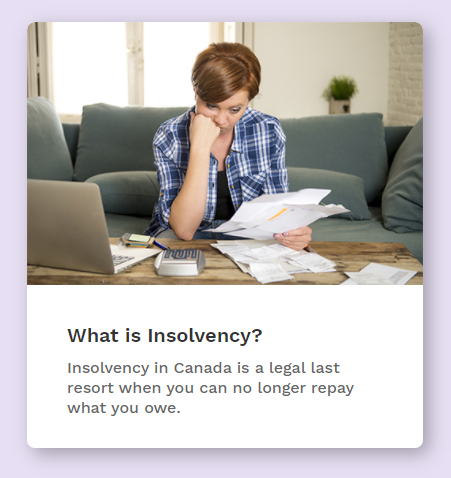What Happens When You Declare Bankruptcy Too Soon? Know the Risks First
By Kelly Gabriel
When you’re feeling overwhelmed by debt and unsure how to deal with it, bankruptcy might be the first option that comes to mind—and that’s completely understandable. It’s the term most people are familiar with, and depending on what they’ve heard or experienced, bankruptcy can seem like either a fresh start or a last resort. But in Canada, there are actually many alternatives to bankruptcy worth exploring before taking that step. Filing for bankruptcy is a serious legal process that can be very hard to reverse if your circumstances change. It’s very important to look at all of your debt relief options so you can make the choice that truly works best for their unique situation rather than rushing into things and finding out what happens when you declare bankruptcy too quickly.
Filing for Bankruptcy is One of Many Options
First things first, no one sets out to get into debt, and it is one of the last things anyone wants to talk about. So when financial challenges arise, it can feel like you’re left to face your debts completely on your own. But are you really? Thankfully, there are several ways to get help. Debt consolidation, settlements, and structured repayment plans offered by non-profit credit counselling agencies are all designed to support you. These options can make it easier to manage what you owe by providing interest relief or even reducing your total debt balance, helping you move forward with certainty.
A lot of people commonly ask why they should even bother repaying their debt when they could just file for bankruptcy and be done with it. The truth is, every situation is unique, and there are times when bankruptcy is the best option for a bad situation. But if you own assets or have the means to pay back even a portion of what you owe, bankruptcy may not be the easy escape it’s often perceived to be. It’s not a one-size-fits-all solution, and it comes with its own serious consequences.
Impacts and Ripple Effects of Declaring Bankruptcy in Canada
Bankruptcy is a formal legal process handled through the court system, and once filed, it becomes a permanent and publicly searchable record. It also doesn’t necessarily cover all types of debt and can severely impact your credit. Typically, only unsecured debts are included, but certain obligations—such as student loans less than seven years old, court fines, some legal judgments, government benefit overpayments, and child support arrears—aren’t discharged and must still be repaid. On top of that, your income level can affect the process. If your earnings increase before you’re officially discharged, it can impact how much you have to repay and how long the process takes. Once complete, a record of the bankruptcy stays on your credit report for 8 to 9 years, making it much harder to access new credit. If you do qualify, expect higher interest rates, stricter terms, and a greater chance of being declined.
Declaring bankruptcy in Canada currently comes with a base cost of close to $2,000. While it may result in repaying less to your creditors compared to a structured repayment plan, it can take a significant toll on your assets. Whether or not you can keep your home depends on several factors, including your province of residence, how much equity you have in the property, and your income level. In some cases, you may be required to pay additional funds to your creditors before you’re officially discharged from bankruptcy. The same rules often apply to your vehicle and any valuable household items you own.
Bankruptcy can have serious ripple effects, especially when it comes to shared finances. Joint bank accounts are at risk of being seized, and any joint loans or credit cards become the sole responsibility of the co-signer or co-borrower. Even money you’ve set aside for your children—such as funds held in trust or within RESPs—can be taken as part of the bankruptcy process.
Additionally, even a small ownership interest in a property, such as a 1% share in your parents’ home for estate planning reasons, can be included in your bankruptcy filing. That could potentially put their home at risk and might even prevent you from being eligible for bankruptcy at all.
The bottom line is that not every financial situation is suited to bankruptcy, especially when the consequences extend beyond your own finances. In many cases, the impact can be significant enough that it’s worth exploring other options first.
Filing for Bankruptcy Can Potentially Affect Your Job or Employment
Beyond the potential impact on your assets, filing for bankruptcy can also have consequences for your job. If your job requires you to be bonded, hold certain clearances, or work within financial services or the insurance industry, declaring bankruptcy may affect your eligibility or standing in that position. For those who are self-employed, your bankruptcy trustee (they are officially called a Licensed Insolvency Trustee) will guide you on what financial disclosures you may need to make to your clients or customers as part of the bankruptcy process.
Filing for bankruptcy is a serious decision and not one to make lightly. It requires your creditors to agree to the terms, and they typically will only do so if you truly have no reasonable way to repay your debts. If you’re able to repay even a portion of what you owe, it’s in your best interest to explore alternative solutions first.
How to Figure Out Your Next Steps
Reach out to a local, accredited, non-profit credit counselling agency for an unbiased review of your budget and financial situation. One appointment will help you determine what questions to ask and where to turn for your next steps. That path could involve applying for a consolidation loan through your bank, speaking with an accountant, working with a therapist to address compulsive spending, or remaining with your credit counsellor to begin a repayment program or negotiate a debt settlement.
Key Thing to Learn from What Happens When You Declare Bankruptcy Too Quickly
The key takeaway is this: there are private, less drastic options that can help you regain control over your finances, safeguard your assets and employment, rebuild your credit, and move toward long-term stability for both you and your family. While these bankruptcy alternatives may involve repaying your debt over a few years, the peace of mind and financial empowerment they offer can be worth far more in the long run. Now that you can see potentially what happens when you declare bankruptcy too quickly by rushing into things, give us a call and speak with one of our credit counsellors. They will be happy to help you explore your options and see what can help you move forward and accomplish your long-term financial goals. Speaking with our credit counsellors is always free and non-judgmental.
Related: Common Questions About Bankruptcy
